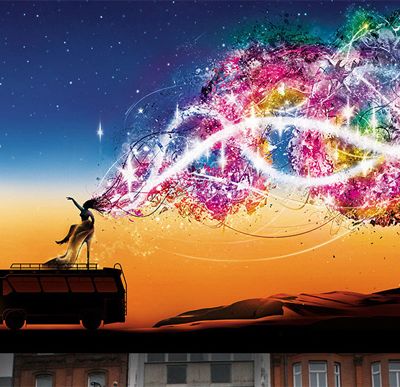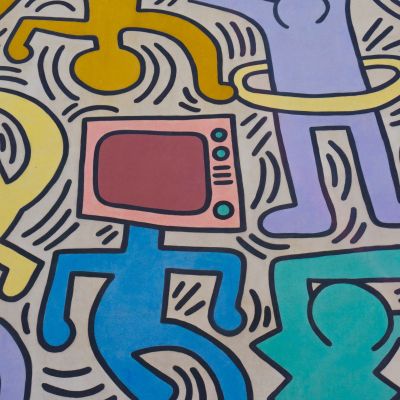Issue In Focus
There is a deep connect between travel and sexuality that is internalized at gut level. From birth perhaps. Across cultures. The two are almost metaphors for each other, twins, borrowing words from the lexicon of the other, entwining identity.
Any desire, not necessarily or narrowly sexual, but perhaps related to sexuality, such as independence, equality, gender role-bending, controlling your own finances, eating the food you’d like to eat as opposed to the food your spouse desires, wearing the clothes you’d like to wear, birth control, choosing to have or not to have children … any of these desires would have only that importance that the individual concerned is able to apportion to it.
There are different narratives where lie hidden worlds of codified feelings, justifications, a reason to buy or not buy into injustice, or othering.
Humour, either openly, or thinly camouflaged, is a combination of the intellectual, spiritual, emotional, physical nature of being. So quite often, anger, anxiety, aggression, wisdom, love, frustration, wickedness, cruelty, sarcasm and other feelings are a big part.
Companions take many forms. Using the word very loosely here, a companion is anyone the self is connected to, anywhere, at any point in time, from a family member, to a stranger on a train.
Expanding contexts give the word ‘movement’ different meanings and value. Physical, conceptual, technological, relationship, emotional, mental, power, knowledge, ability, access, may be amongst the contexts immediately identified.
Apart from systematic exclusions faced by individuals, evidently the mandatory use of a biometric-based digital ID has also reshaped the understanding of an individual’s agency and right to bodily autonomy. Gender and sexuality seem to no longer be matters of an individual’s right to privacy. With digitisation, disclosure of one’s gender and sexuality has become a hindrance to accessing one’s rights.
How might we think of sexuality as innovation, before we jump onto producing new technologies? Does the language of innovation, that of newness, invention and change, have anything to offer in rethinking structures of intimacy?
This question of appropriateness is, for me, at the heart of all questions around sexuality. Each of us carries within us our own private benchmarks for which expressions of sexuality we find appropriate, and which ones, in turn, have crossed an invisible line. The ones we believe belong across the border, in the land of the inappropriate, of the too much.
I think the best thing we can do as we take this conversation forward is to consider this multifaceted breadth of desire as erotica; to include and not exclude in our definitions, and to accept desire wherever it lives, and in whatever form.
I was not simply stuck within the binaries of “same-sex” or “opposite sex,” assuming that any reference to “same-sex” is in itself already revolutionary. But the call to recognise friendship, is a call to recognise so many forms of community that are made invisible by the emphasis within a liberal or conservative framework on “marriage” as the only path to family making.
I was not simply stuck within the binaries of “same-sex” or “opposite sex,” assuming that any reference to “same-sex” is in itself already revolutionary. But the call to recognise friendship, is a call to recognise so many forms of community that are made invisible by the emphasis within a liberal or conservative framework on “marriage” as the only path to family making.
What do you think of when you put the words freedom and sexuality together? Orgies? Polyamory? Sex with no unwanted…
Fiction is often relegated to a secondary stow because fact-based forms of knowledge are becoming more and more valued. To be informed is to stay with the facts. Yet I think fiction allows us to stay just about as informed.
We begin this discussion – as it is an ongoing process of understanding on our part – by reiterating that…














